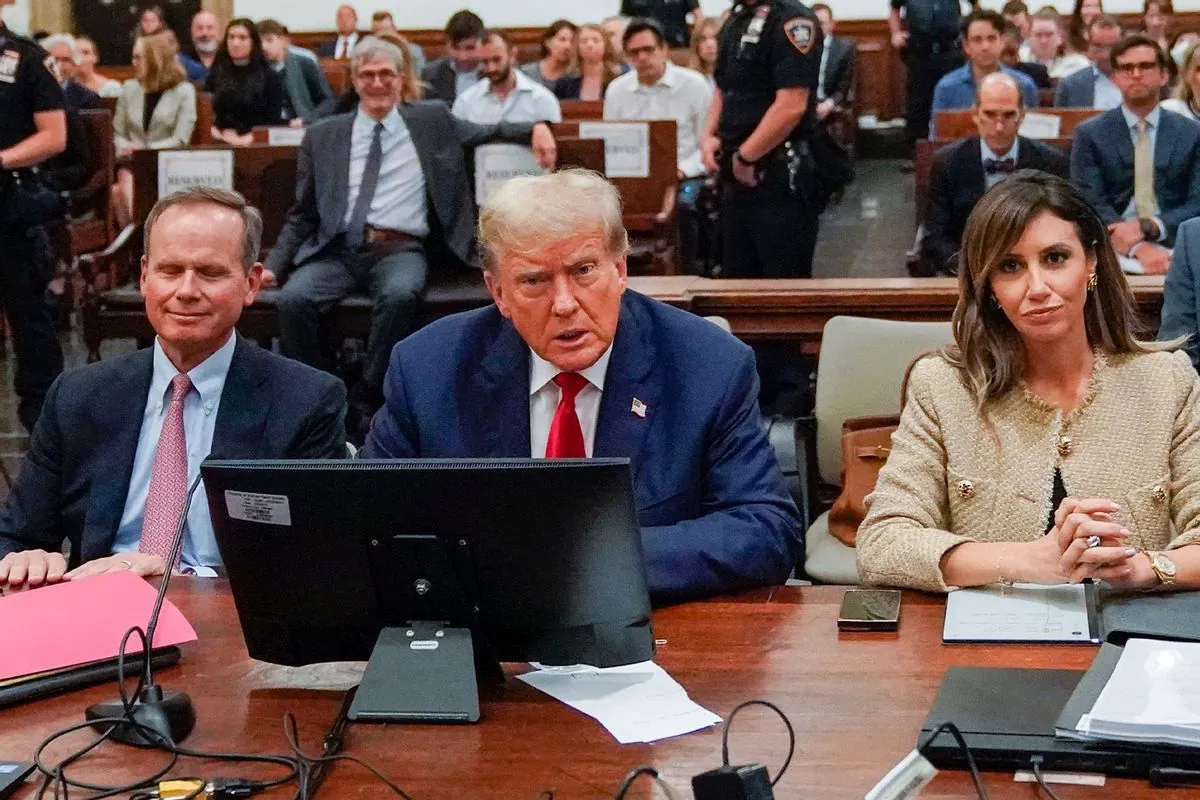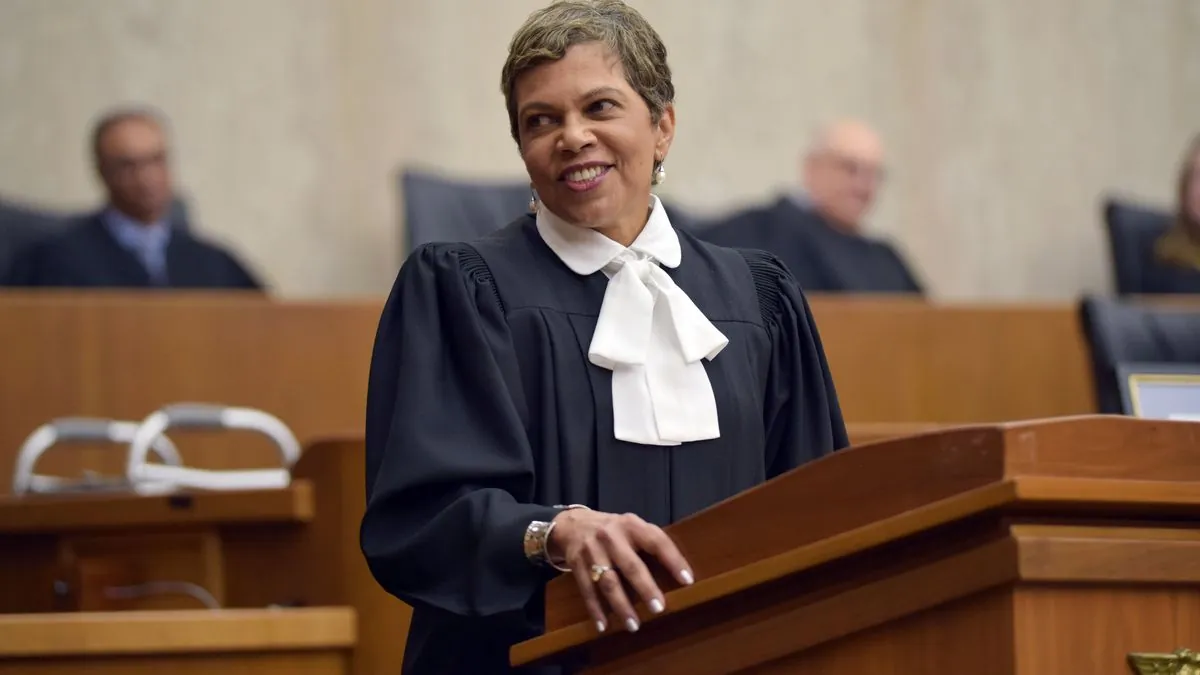Trump's Federal Trial Faces Potential Delay Until 2026 Due to Legal Complexities
Legal experts suggest Donald Trump's federal election obstruction trial may be postponed until 2026 or later, citing complex issues and potential Supreme Court involvement. The case's timeline hinges on the 2024 election outcome.

The federal election obstruction trial of Donald Trump may not commence until 2026 or beyond, according to legal experts. This potential delay stems from intricate legal and factual issues that could ultimately require Supreme Court intervention.
The trial's timeline is heavily contingent on the outcome of the upcoming presidential election in November 2024. If Trump secures victory, he is expected to push for dismissal or postponement of the charges against him. Conversely, if his opponent wins, the cases are likely to proceed.
U.S. District Court Judge Tanya S. Chutkan faces the challenging task of resolving key questions about presidential immunity within a matter of months. However, she has acknowledged that setting a new trial date would be "an exercise in futility" given the likelihood of appeals.

The legal process is expected to be lengthy and complex. Any decision made by Judge Chutkan will likely be re-examined by the federal appeals court, a process that could take up to a year. Subsequently, the case is anticipated to reach the Supreme Court, which has already signaled its intention to review the matter in its July 2024 immunity ruling.
The Supreme Court's conservative majority has instructed Judge Chutkan to determine whether Trump's actions during the 2020 election, including his pressure campaign on then-Vice President Mike Pence, are protected by presidential immunity. This decision could have far-reaching implications for presidential power in the future.
"This is going to take quite some time, in my view. Not only does the judge need to figure out what evidence she should look at, she needs to figure out what she should do with that evidence. There are no clear guideposts for what is official conduct."
The Washington case is currently the most active of Trump's four criminal cases. He faces charges including conspiracy to defraud the United States and conspiracy to obstruct an official proceeding related to the events of January 6, 2021.
The outcome of this case could have significant implications for the balance of power in the U.S. government. The Supreme Court's decision will not only affect Trump's legal situation but also set precedents for future presidential conduct and accountability.
As the legal process unfolds, it's important to note that the U.S. Constitution grants certain immunities to sitting presidents, and the Supreme Court's decisions set legal precedents for lower courts. The complexity of this case underscores the intricate nature of the U.S. legal system, with its federal and state court systems and the system of checks and balances among the three branches of government.
The timeline for Trump's trial remains uncertain, with potential outcomes ranging from a relatively swift resolution to a prolonged legal battle extending well into 2026 or 2027. As the case progresses, it will undoubtedly continue to captivate public attention and shape the political landscape in the years to come.


































